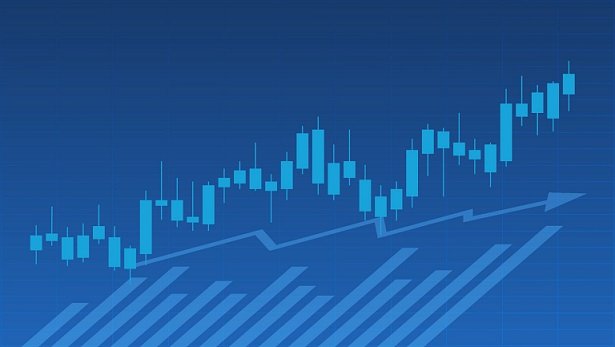The foreign exchange (Forex) market gives traders a lot of options. With the right information and guidance, new traders can get into this fast-paced market and possibly make money. Choosing the best Forex broker for new traders is a key part of building a solid trading base. This post is meant to be a complete guide to finding the best Forex brokers that are good for new traders.
Choosing The Best Brokers For Beginners
Compliance with regulations is the first and most important thing to think about when choosing a Forex company. The Financial Conduct Authority (FCA) in the UK, the Australian Securities and Investments Commission (ASIC), and the Cyprus Securities and Exchange Commission (CySEC) are all examples of reputable financial bodies that oversee brokers. Regulatory oversight makes sure that brokers follow strict rules, such as keeping client funds separate and dealing fairly.
User-Friendly Trade Platforms:
A trading platform that is easy to use and understand is important for people who are just starting out. Look for brokers who have systems that are easy to use and have a clean interface, as well as important charting tools and a variety of order types. MetaTrader 4 and MetaTrader 5 are widely seen as the standard platforms for the business because they have a wide range of features and a lot of learning materials.
Demo Accounts:
The best Forex brokers for beginners offer demo accounts, which let traders practice their tactics and get used to the trading environment without risking real money. Demo accounts let you try out different trading strategies, test the broker’s platform, and build your trust before you start trading for real.
Educational Resources:
A broker that focuses on helping new traders, according to Traders Union analysts learn and improve their skills is essential. Look for brokers who offer a wide range of learning tools, like video tutorials, webinars, e-books, and trade guides. These tools should cover basic Forex ideas, technical analysis, risk management, and trading strategies. When educational tools are available, it shows that a broker wants to give their clients more power.
Customer Support:
Quick and helpful customer support is important, especially for new users who may have questions or run into technical problems. The best Forex companies offer customer service by phone, email, and live chat, among other ways. Support staff who are quick and knowledgeable can help and solve problems in a timely way, making sure that trading goes smoothly.
Account Types and Minimum Deposit: Think about the different types of accounts that Forex firms offer and how much you have to put in to open an account. Beginners should start by putting in a small amount of money. Look for brokers that offer a variety of account types, such as micro or mini accounts, that allow traders to start with a lower minimum payment. This lets people who are just starting out control their risk and gradually increase their exposure as they get better.
Spreads and fees that are competitive:
Spreads and fees are how Forex companies make money. Spreads are the gap between the bid price and the ask price. Traders like lower spreads because they lower the costs of trading; e.g minimum deposit on FxPro. Make sure that the spreads offered by the broker are competitive, especially for the big currency pairs. Also, think about other fees like commissions, withdrawal fees, and inactivity fees, as these can affect your profits, especially if you are just starting out and trade less.
Variety of Tradeable Instruments:
The best Forex firms offer a wide range of tradeable instruments, including major, minor, and exotic currency pairs. Beginners might also be interested in buying commodities, indexes, or cryptocurrencies. Traders can diversify their portfolios and try out different trading chances when they have access to multiple markets.
Tools for Managing Risk:
Managing risk is very important in Forex dealing, especially for new traders. Look for brokers who offer tools for managing risk, like stop-loss orders, take-profit orders, and safety against negative balances. When the market is volatile, these features help traders limit their losses and protect their capital.
Reputation and Reviews:
Before making a final choice, you should explore the broker’s reputation and read reviews from past customers. Online boards and review sites can give you information about a broker’s track record, how happy customers are, and any possible problems. But be careful and look at more than one source to get a fair view.
Choosing the best Forex broker for new traders is one of the most important steps to a good trading career. Beginners can find a broker that fits their trading needs by thinking about things like regulatory compliance, user-friendly platforms, educational resources, customer support, account types, competitive spreads, tradable instruments, risk management tools, and reputation.



